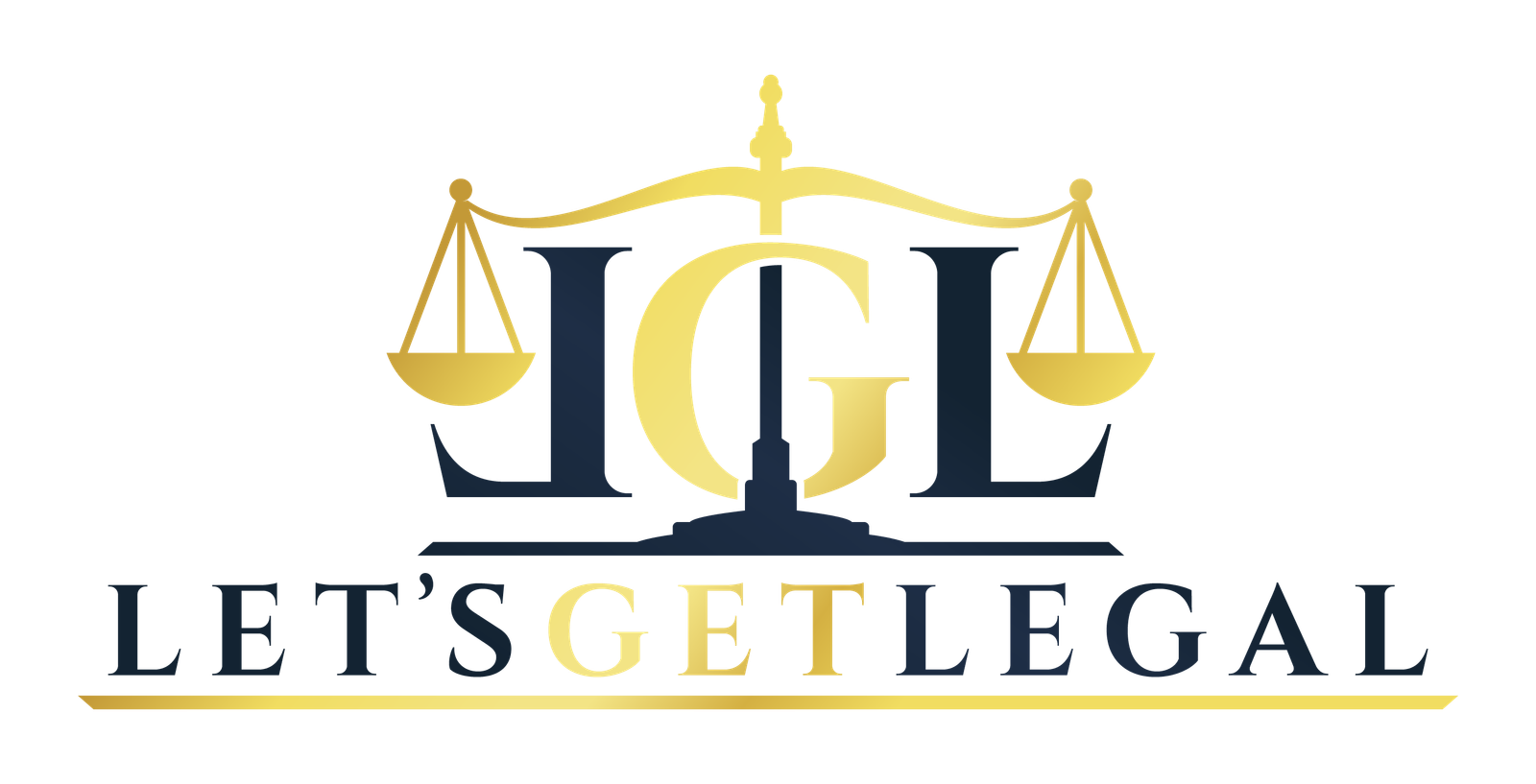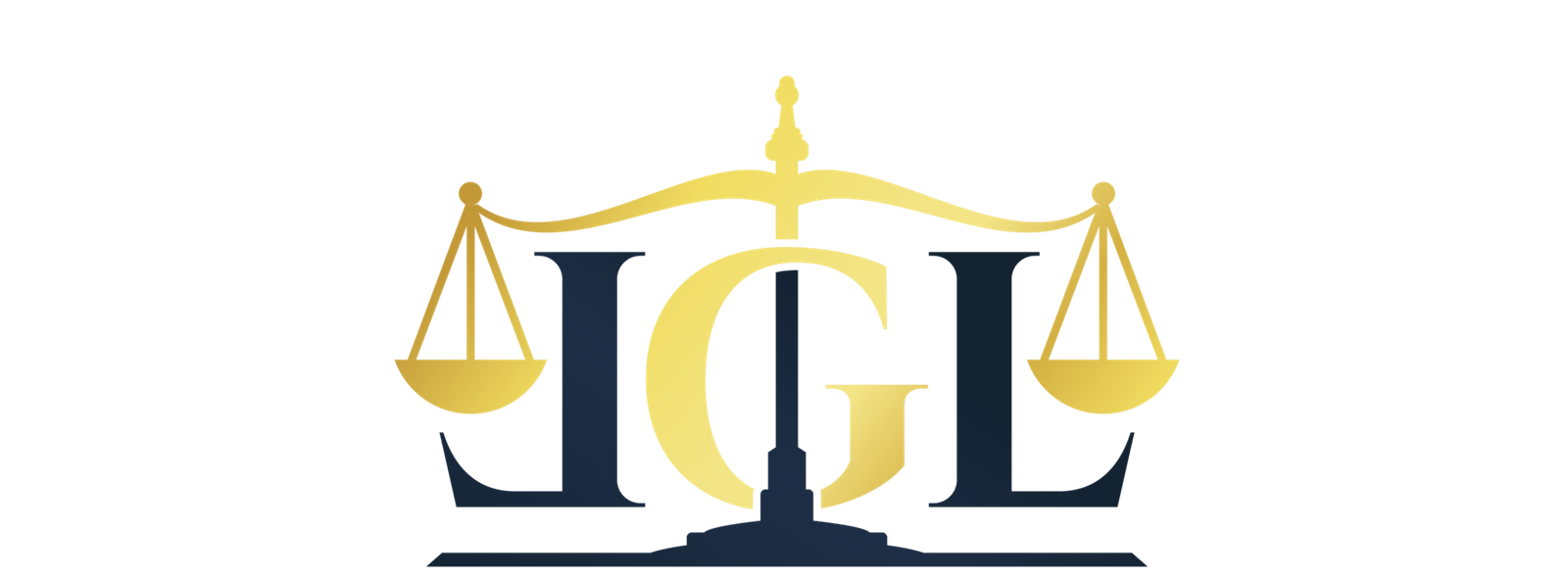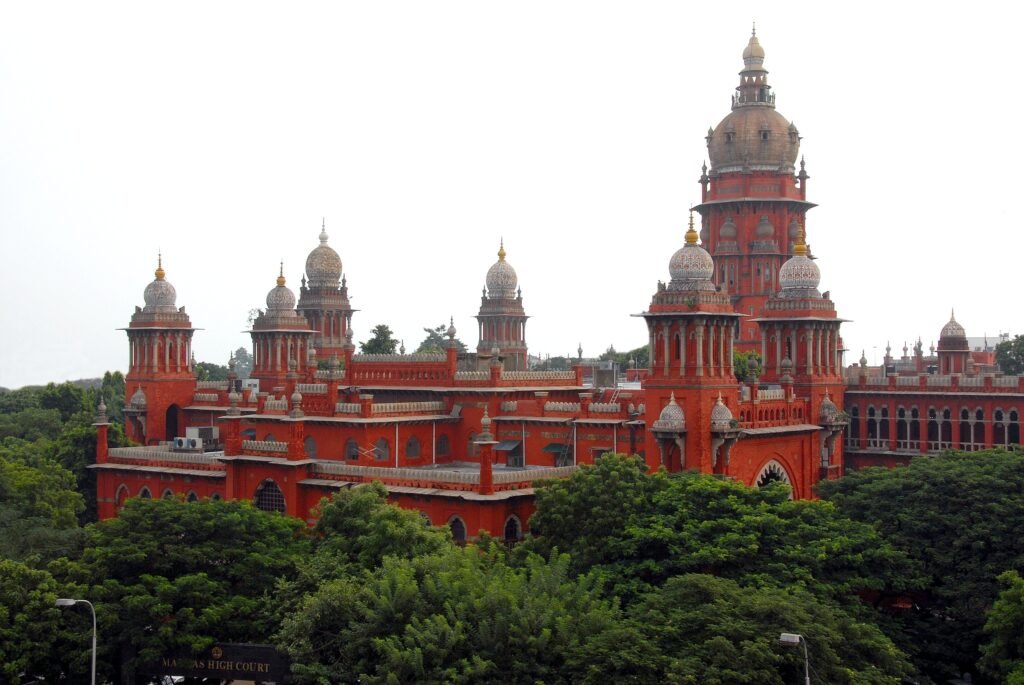In light of the second wave of COVID-19 in India, the Madras High Court judgment and oral remarks alleged the Election Commission and their poor implementation of COVID appropriate protocols to be the sole reason for the surge in casualties around the country. The Supreme Court dealt with the Election Commission’s plea of seeking a stay on the publication of the judges’ remarks.
DATE OF JUDGMENT: 6th May 2021
JUDGES: Justice D.Y Chandrachud, Justice M.R Shah
Background :
1. A candidate of AIADMK of Karur Legislative Assembly Constituency and who is also the District Secretary filed a writ petition in Madras High Court to ensure that Covid-19 protocols are followed in the polling booths in Karur Legislative Assembly Constituency of Tamil Nadu and that was accepted by the Madras High Court under Article 226 of the Indian Constitution.
2. On 16th April 2021, with regards to the rising number of Corona cases, the AIADMK candidate sent a representation to the Election Commission to take adequate steps and precautions to secure the health and safety of officers in the counting booth. As no response was obtained by the election commission hence, a writ petition in the High Court was filed.
3. This writ petition was heard by a 2 judge division bench of Madras High Court comprising Chief Justice of Madras High Court Justice Sanjib Banerjee and Justice Senthilkumar Ramamoorthy and the order was passed on 26th April 2021. The remarks pointed out in the petition which irked the EC is–“The solely responsible institution for 2nd wave of covid is the Election Commission” and “Election Commission should be charged for murder.”
5. Though the above remarks were not recorded in the order of the high court, they made headlines in print, electronic & social media. So the election commission filed a special leave petition before the Supreme Court of India.
Arguments :
Petitioner –
1. The counsel contended that the remarks and observations made by the high court judges are made without proof or material on record. Also, the judges gave no opportunity to the election commission to explain themselves. These remarks have tainted the image of the election commission as it was widely reported by the media. Further, the counsel argued that the scope of judicial review is limited pertaining to matters of election and its conduct. He asserted that the enforcement of protocols and measures is in the hands of the State.
2. It was further argued that even an analysis of the data would indicate that election did not play an important role in the rise of covid cases in the country. The counsel submitted that the election commission had issued guidelines to be followed during elections and constrained the scope of political campaigns. The election commission faced undue prejudice due to the oral remarks and observations made by the Madras High Court.
3. The media should ensure that there is responsible reporting of the proceedings and such judicial proceedings should not be sensationalized by the media because such kind of reporting could lead to loss of public confidence. Hence, guidelines and directions must be framed in the manner in which the proceedings of the court should be reported.
Respondent-
The advocate opposing the submissions contended by pointing out the fact that the Election Commission enjoys a wide range of powers during the period of elections in a State like replacing or suspending district magistrates, police officers, Director-General of Police and even deploying paramilitary forces. Also, the election commission was responsible for the execution of safety measures and covid protocols during elections.
Judgment :
The Supreme Court observed that oral remarks made during any judicial proceedings are never recorded as part of the order or judgment and thus, the question of removal does not arise. The court did agree that the remarks made by the Madras High Court judges were harsh. It said that while making such “off the cut remark” statements the judges should restrain themselves in open courts and the language used by the judges while making observations orally or in judgments should have judicial propriety.
The Supreme Court rejected the prayer of the election commission to restrict the media from reporting any oral remarks made by the judges as it strikes the fundamental principles guaranteed under the Indian Constitution. Furthermore, the judges explained that the concept of open court requires that the information regarding the judicial proceedings in a court must be accessible to the public and thus it should be made available in the public domain.
The court also took the example of print media reporting the trials or court proceedings during the British Raj like the sedition trial of Lokmanya Tilak. The judges advised that it would be better if the Constitutional Authorities accept the new reality rather than complain. The court also praised the High Courts for its commendable job during the covid crisis.







